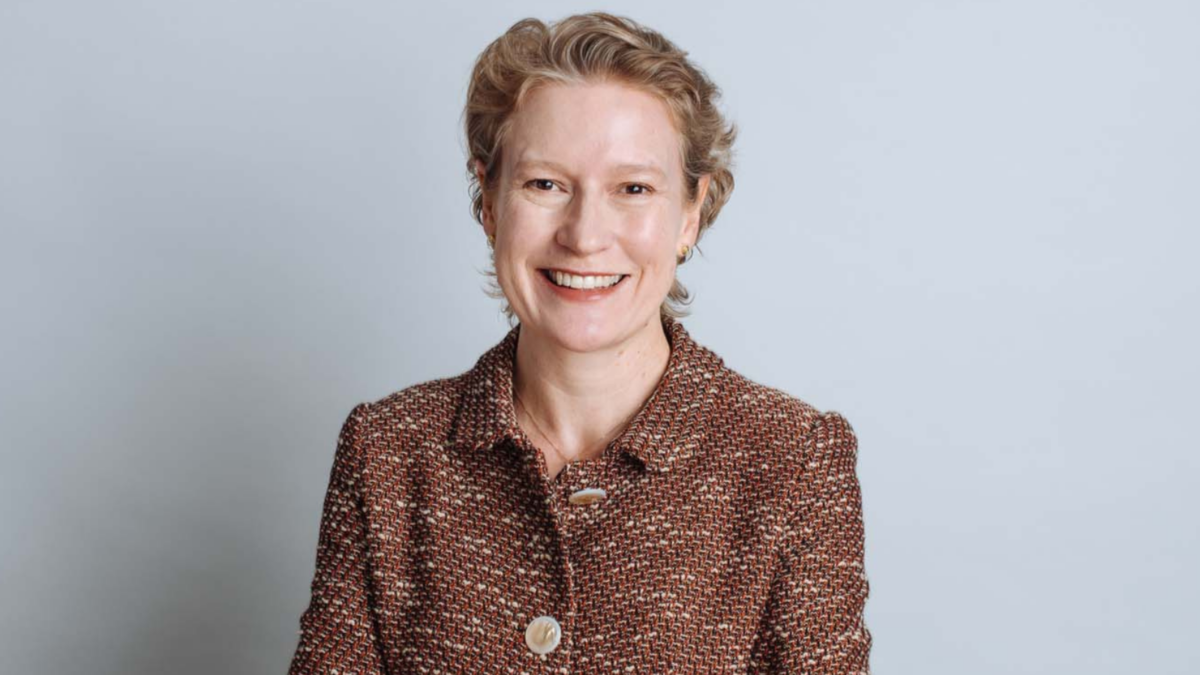SMSF survey shows confusion over hybrids
(pictured: Richard Murphy and John McNiven)
With the increasing popularity of bank hybrid securities, especially for yield-hungry retirees and SMSF investors, comes increasing concern that not everyone understands the products compared with other fixed income options.
The results of a survey undertaken by the Australian Corporate Bond Company at last month’s SMSF Association conference in Adelaide show considerable confusion over the classification of hybrids.
ACBC has produced a “fact sheet” as an investor guide to the differences between hybrids and exchange-traded bonds. ACBC was established in 2013 by three experienced international bond managers – John McNiven, Ian Martin and Richard Murphy – to promote exchange-traded bonds under its own brand, XTB.
McNiven, an entrepreneur, made his name in London in the 1990s in the early days of the global bond market’s development. Martin was most recently the head of rates at Deutsche Bank in Australia. They are both non-executive directors. Murphy, the chief executive, worked for the ASX for about 20 years and was a key person in developing the ETF market in Australia.
With the SMSF survey, of mainly advisors to SMSF trustees, they found that almost half respondents (47 per cent) either classified hybrids as fixed income or were unsure how to classify them.
The same number of respondents also said they considered regular income the number one priority for their clients for 2016. This was followed by ‘accumulating wealth for retirement’ (28 per cent), while ‘capital stability’ was close behind, with almost a quarter of respondents (23 per cent) identifying this as their client’s key priority.
Richard Murphy said that while hybrids might have some fixed income features, they were not defensive when it came to shielding portfolios against equity downturns. When equity prices fall, hybrids tend to behave more like equities, he said.
“Given the current environment of low returns and market volatility, it’s no surprise to see investors focusing on regular income and capital stability. Senior bonds, unlike hybrids, have been able to consistently deliver income as well as capital stability in difficult markets.”
– Greg Bright










